Sri Lanka in Crisis: India's Options
The author in a refreshing original way dissects the Sri Lanka crisis into three parts. The first is a clear description of the problem which rejects the conventional formulation of the problem as ethnic, religious, or linguistic. The author suggests on the basis of extensive research that Tamils and Sinhalas are different only in their historical interaction with British colonialists. Otherwise, in ethnicity, language and religion they are of the same family. Due to the British early familiarity with Tamils in India, the Sri Lanka Tamils found easy access to the British colonialists, while the landed gentry and farming colonialists, while the landed gentry and farming community of Sinhala did not. Hence, the Tamils got ahead in English education and professions, and a big gap developed between the two communities. The problem arose because the Sinhalas who were the majority, upon obtaining Independence from British rule, tried to close this gap by crude reverse discrimination policies, and thus antagonizing the Tamils. Not finding a democratic way out, being easily outvoted in an unitary Constitution, the Tamils became captive to violent organizations. The LTTE emerged out of the frustration. But the LTTE became terrorist, and soon an albatross. Second, the author argues that the only viable solution to the crisis is devolution of state power, which means the replacement of the present unitary Constitution. This, the Sinhala majority is unreasonably opposed to implementing soon. India has a responsibility to persuade the Sinhala Majority to urgently consider this solution. Thirdly, the author states that because the LTTE is an anti-Indian terrorist outfit which assassinated Rajiv Gandhi, hence India has to regard the LTTE as part of the problem, and definitely not a part of the solution. If Sri Lanka adopts a federal-type Constitution upfront, then India will have to intervene on behalf of the Sri Lanka government and use its vast military capability to fix the LTTE and decisively end the menace it represents. Born in Chennai, Tamil nadu, India, Dr. Subramanian Swamy has won many laurels. He has contributed to India's growth in his various capacities as member of parliament, and Cabinet Minister –first as Minister for Commerce, law and Justice (1990-1991) and later as Chairman of the Commission on International Trade and WTO's labour standards (1994-1996). His doctorate in economics from Harvard University, was followed by his research projects with Simon Kuznets and paul Samuelson and his joint authorship with Prof. Samuelson on a path-breaking study on Index Number theory. He continues to be a visiting faculty member at Harvard University.
BECOME A MEMBER

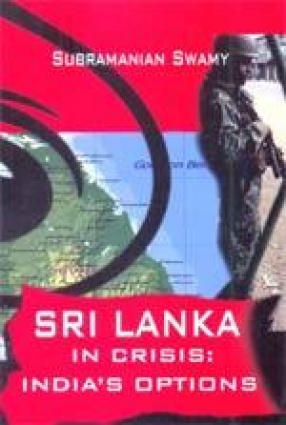
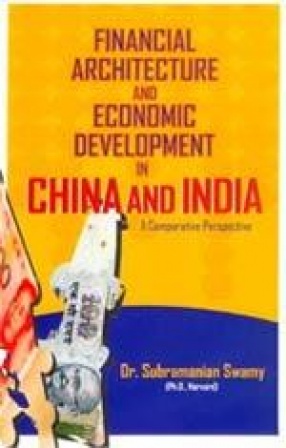
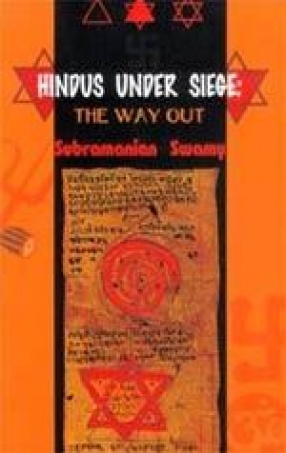
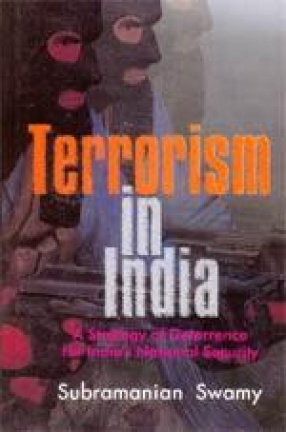
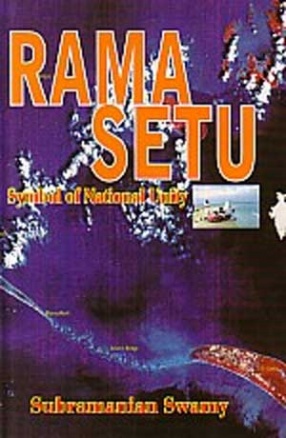
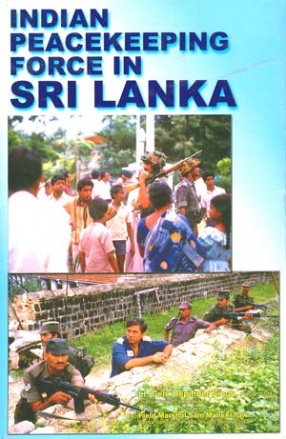
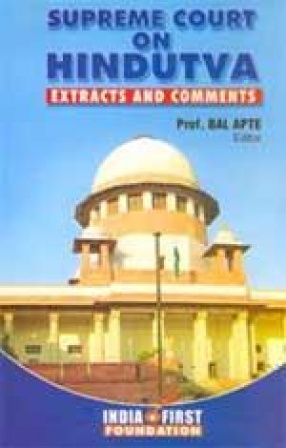



Bibliographic information
Tags